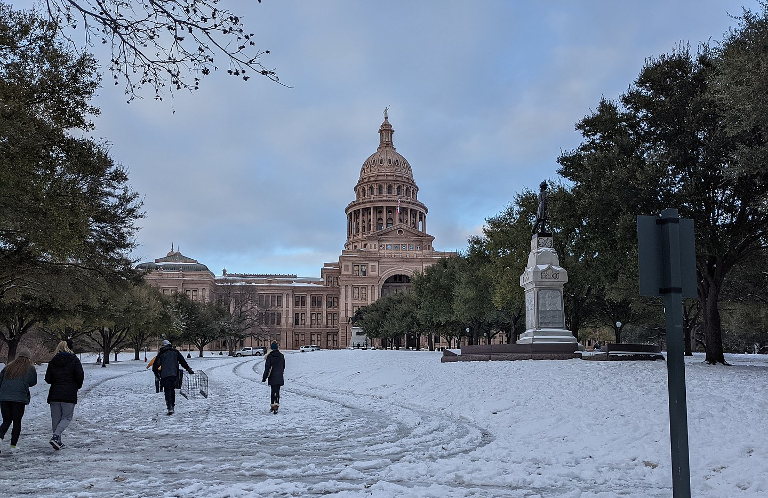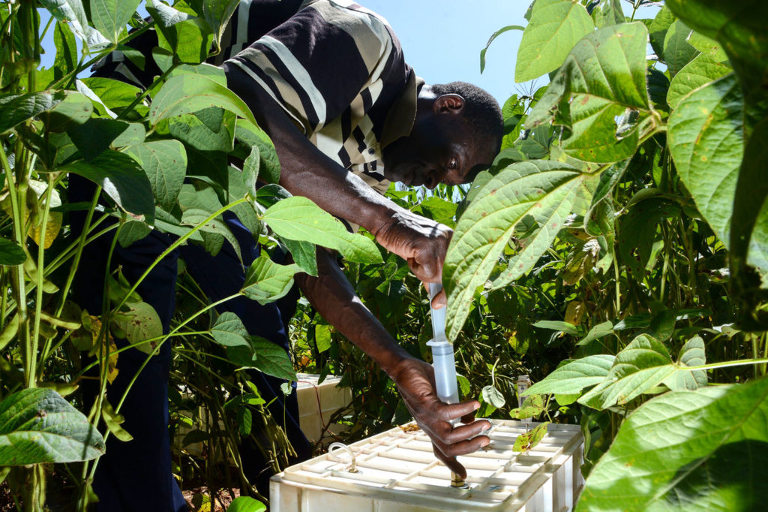Robert McSweeney is the science editor at Carbon Brief. He holds an MEng in mechanical engineering from the University of Warwick and an MSc in climate change from the University of East Anglia. He previously spent eight years working on climate change projects at the consultancy firm Atkins.
Media reaction: Texas ‘deep freeze’, power blackouts and the role of global warming
In this article, Carbon Brief summarises how the media has covered the storm, but, particularly, its repercussions across the energy sector and potential links to climate change.
February 23, 2021
Methane Emissions from Fossil Fuels ‘Severely Underestimated’
Human-caused emissions of methane from the extraction and use of fossil fuels may have been “severely underestimated”, a new study suggests.
The research indicates that “natural” emissions of fossil methane, that seeps out of deeply-held reserves, make up a much smaller fraction of total methane emissions than previously thought.
February 20, 2020
In-depth Q&A: The IPCC’s Special Report on Climate Change and Land
In this detailed Q&A, Carbon Brief unpacks what the IPCC’s Special Report on climate change and land says about how climate change affects the land and vice versa, as well as other key topics such as food security, negative emissions and how to tackle the overlapping challenges associated with how humans use the land.
August 9, 2019
‘Desertification’ and the Role of Climate Change
Desertification has been described as the “the greatest environmental challenge of our time” and climate change is making it worse.
August 7, 2019
How is Arctic Warming Linked to the ‘Polar Vortex’ and Other Extreme Weather?
In this detailed Q&A, Carbon Brief speaks to scientists about the potential connections between Arctic warming and extreme weather across the mid-latitudes, what those theories look like, and how the evidence measures up.
February 1, 2019
US Could Meet Paris Emissions Pledge with ‘Natural Climate Solutions’, Study Says
The US could meet its pledge to cut emissions under the Paris Agreement through “natural climate solutions” (NCS), a new study suggests. NCS comprise a group of techniques that reduce greenhouse gas (GHG) emissions, or boost carbon uptake from land and wetlands through changes to the way they are managed.
November 15, 2018






